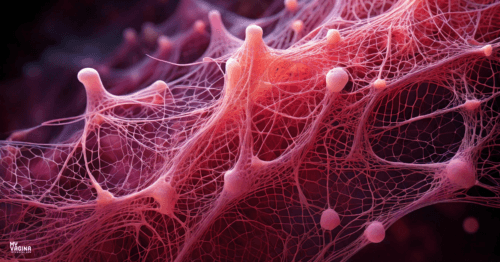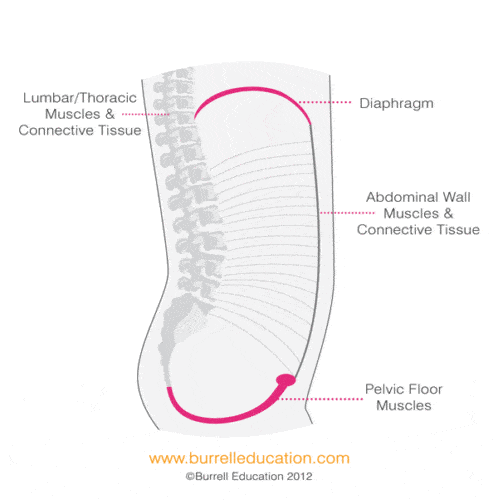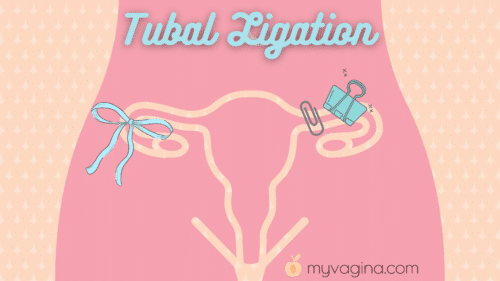Understanding Ehlers-Danlos syndrome (EDS) impact on the urogenital tract
Understand how Ehlers-Danlos syndromes may impact the vulva, vagina and bladder, and even hormones, causing symptoms.
Understanding pain receptors in vulvodynia that cause burning pain – the C fibre
There are certain pain fibres that cause the slow, long, burning pain of vulvodynia. Understanding a these fibres can shed some light on vulvodynia.
Congenital or acquired neuroproliferative vulvodynia
We take a look at neuroproliferative vulvodynia, where there are too many pain-sensing nerve-endings around the vaginal entrance.
Can povidone iodine cure a yeast infection?
We discuss the role of liquid povidone-iodine in successfully treating a vulvovaginal yeast infection.
March 6-7th, 2019 – Women and their Microbes Conference
Practitioners, check out the upcoming Women and their Microbes conference in Hamilton, Canada.
Understanding the pelvic floor
The pelvic floor is critical for supporting pelvic organs, keeping us going to the toilet effectively, and enjoying sex.
What happens to your vagina during a vaginal birth
Here we outline all the things that may affect your vagina and vulva when you give birth vaginally, from contractions to the effect on vaginal tissue.
How your gut bacteria affect estrogen levels
The relationship between your gut bacteria and oestrogen is crucial for hormonal balance, affecting everything from vaginal health to bone density.
Tissue laxity in the labia and vagina
The saggy labia and loose vagina have one main cause: stretched or damaged collagen fibres. Repairing this can be challenging, but with advances in physiotherapy and surgical techniques, and technology, you do have options.
Got a new boyfriend and BV? How to explain it
We take you through a few tips on how to talk to a new guy about your vagina problems without destroying your self-esteem.
Getting your tubes tied – female sterilisation – tubal ligation
Getting your tubes tied is now much more like getting your tubes clipped, but the result is the same: the egg cannot meet the sperm to create a pregnancy. This is called tubal ligation and female sterilisation.
Hysterectomy survival kit
A hysterectomy is a major surgery for any woman, so prepare yourself with some top tips from those who have come before you.
Stress urinary incontinence
Stress urinary incontinence is a condition whereby urine leaks when you laugh, cough or sneeze, and if caught early enough, may be completely reversible.
Review: Wipegel by Zero Taboos (for haemorrhoids)
Wipegel is an alternative to wet wipes or dry toilet paper for use with haemorrhoids to help reduce the opportunity for vaginal or urinary tract infections. Natural ingredients, including 30 per cent witch hazel.
Haemorrhoids and vaginal infections/UTIs
Haemorrhoids can cause faeces to accumulate around your anus after the toilet, creating a reservoir of bacteria. This bacteria can more easily spread to the vagina simply by regular movements. We offer some options for keeping your haemorrhoids debris-free.
Mobiluncus and bacterial vaginosis
Mobiluncus species are anaerobic bacteria found in the vagina and bowel, with two species identified that are connected with BV in women: Mobiluncus curtisii and Mobiluncus mulieris. Mobiluncus develops biofilms, is very mobile, and highly adhesive to vaginal epithelial cells.
DEADLINE SEPT 2018 National Vulvodynia Association (NVA) Invites Medical Research Proposals on Generalised Vulvodynia
The National Vulvodynia Association is seeking research proposals on the causes or treatment of generalised vulvodynia, with $50,000 in research grants available.
Understanding fertility
Having a solid grasp on what fertility is means you can figure out what your options are for preventing pregnancy and also for trying to get pregnant if you want to.
Using potassium sorbate for vaginal yeast infections/thrush
Potassium sorbate has been used to treat yeast infections in women, being a food, wine and makeup preservative, inhibiting yeasts and moulds effectively.
Urinary incontinence
Urinary incontinence is the condition whereby urine leaks out without your permission. This can affect women for many reasons, with weak tissue and pelvic floor muscles being the primary cause.








